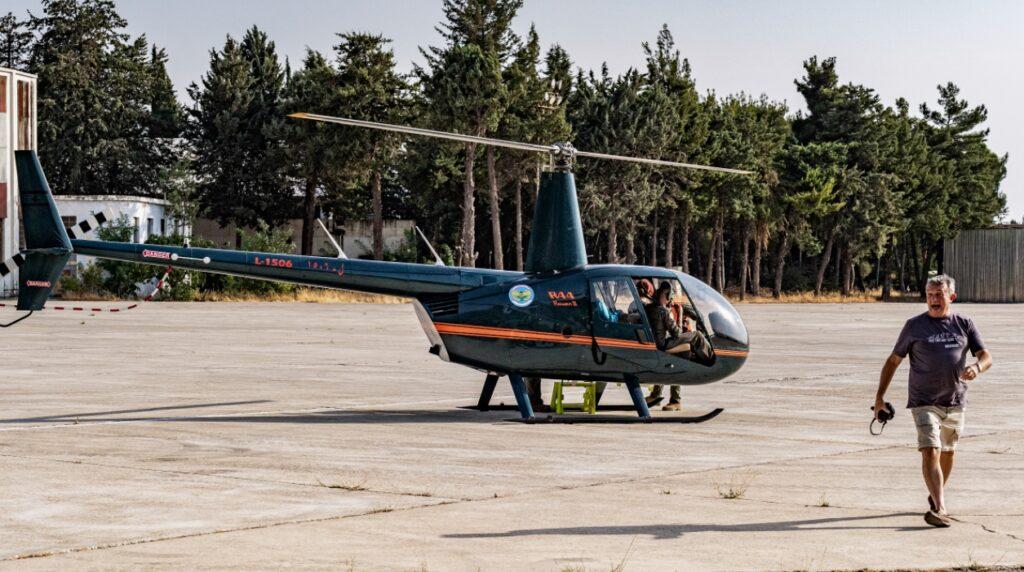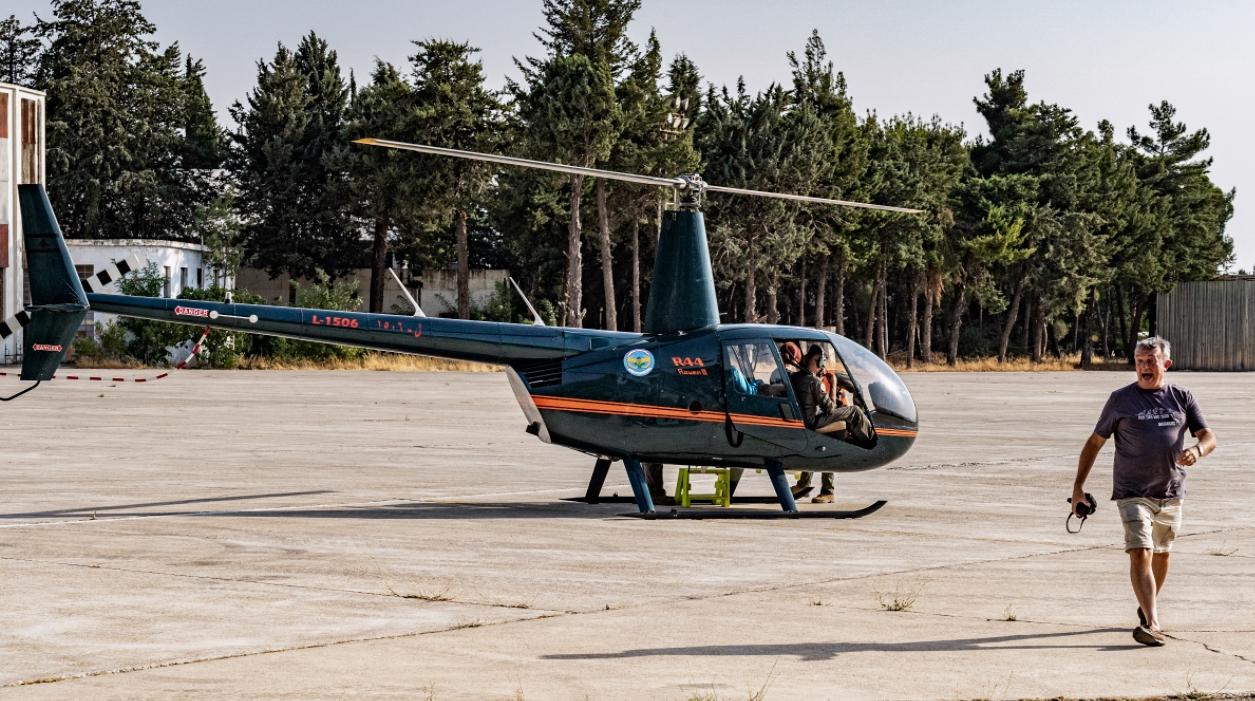Lebanon’s military drops tourists by helicopter to raise money
Lebanon’s military is trying to earn much-needed money by selling helicopter tours to tourists.

According to the World Bank, Lebanon is in the midst of one of the deepest depressions in modern history. Hyperinflation has caused the Lebanese pound to lose more than 90 percent of its value in less than two years, and more than half the population has plunged into poverty.
The capital Beirut is now the third-largest city in the world, according to the Mercer 2021 Cost of Living Study.
Amid this economic crisis, the country’s people and institutions have been forced to improvise new and unconventional ways to generate additional income. The struggling army began offering helicopter tours to tourists to boost morale and raise the necessary money for maintenance.
Both tourists and Lebanese citizens can sign up for 15-minute tours on a military website, claiming it is a way to see “Lebanon…from above.” R44 Robinson “Raven” helicopter tours, usually reserved for student pilots in their first year of training, depart from Rayak and Amchit air bases and offer scenic views.
It is especially telling that the army has moonlighted as a tour guide, given that the military has maintained Lebanon’s stability since the end of the civil war in 1990. Despite considerable U.S. military support, the economic crisis has made it difficult for the army to maintain its budget for equipment, maintenance and supplies.
Last month, Army Commander General Joseph Aoun warned that the economic crisis – caused in part by decades of government corruption and wastefulness – would soon lead to the collapse of all state institutions, including the army.
Lebanon was without a functioning government for 13 months after a massive bombing at Beirut’s port in August 2020 that killed more than 200 people and destroyed large sections of the city – until a new cabinet was finally formed last week.
Foreign-cash reserves have plummeted, leading to shortages of fuel, electricity and medicine.
Meanwhile, the Lebanese military plans to take about 1,000 hours of leisure flights this year. Each trip will cost $150, which means the program could generate $300,000 for the military by the end of the year.
A Lebanese soldier now earns just $90 a month – up from $850 before the crisis.


